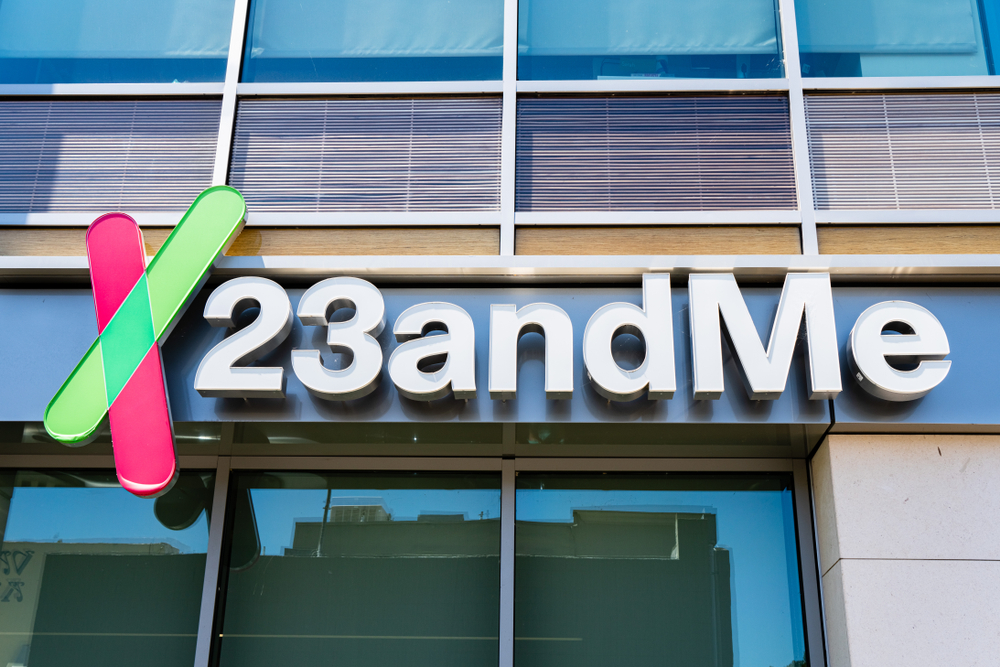
It sounds almost like something out of the dot-com era: a startup generates a lot of hype, attains an astronomical valuation, goes public... and eventually crashes.
For DNA testing company 23andMe, that crash came on Monday morning right after the company filed for bankruptcy. The company also announced the resignation of CEO Anne Wojcicki.
In its statement announcing the filing, 23andMe said the bankruptcy was intended “to maximize the value of its business,” and that it would continue to operate throughout the sales process.
Wojcicki, who remains on 23andMe’s board, has made unsuccessful efforts to buy the company back and take it private.
The company said the decision to file for bankruptcy protection followed “the rejection by the Special Committee” of the final proposal made by Wojcicki and her affiliates on March 10.
In a post on X on Monday, Wojcicki indicated she will continue pursuing those efforts as the company restructures.
“If I am fortunate enough to secure the company’s assets through the restructuring process, I remain committed to our long-term vision of being a global leader in genetics and establishing genetics as a fundamental part of healthcare ecosystems worldwide,” she wrote.
ME stock slumped 50% on Monday, closing at just 73 cents per share.
The stock is now facing potential delisting from Nasdaq, which requires companies to maintain a minimum share price of $1 to stay in compliance.
Challenging time for ‘an evolving business model’
Although 23andMe had a $6 billion valuation when it went public in 2021, it faced the same existential challenge as many consumer tech startups: how to scale its business and become sustainably profitable.
In January, the company signaled how unstable things had become when it announced it was exploring “strategic alternatives” to shore up its business.
The core issue was baked into its model: it was a single purchase item. 23andMe struggled to find a viable business beyond its one-time genetic test. Efforts to offer subscriptions fell flat.
As The Wall Street Journal reported, the company “also sought to license its data to outside pharmaceutical companies to help with their drug-development efforts,” but that also failed to generate significant revenue.
“We have had many successes but I equally take accountability for the challenges we have today,” Wojcicki wrote on X.
“There is no doubt that the challenges faced by 23andMe through an evolving business model have been real, but my belief in the company and its future is unwavering.”
The company has never turned a profit, and its valuation has cratered 98% from its peak.
Compounding its financial woes, 23andMe also faced growing concerns about user privacy. California Attorney General Rob Bonta recently urged the company’s 15 million customers to delete their genetic data “sooner rather than later.”
Your email address will not be published. Required fields are markedmarked